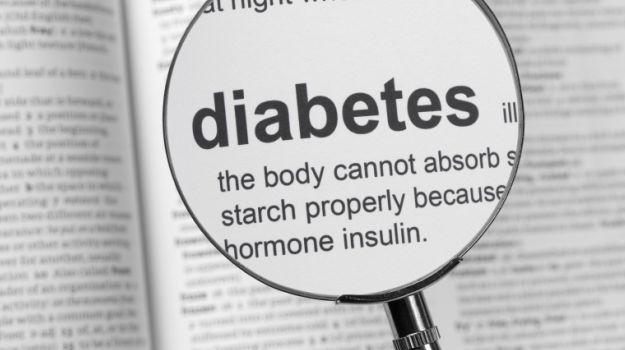What You Should Know About the Weight Loss Drug Saxenda
Of the six prescription weight loss drugs available in the United States, the most recent addition is Saxenda (liraglutide injection), which entered the marketplace in December 2014. Here’s what you should know about Saxenda, including the findings of a new post-hoc analysis.
What is Saxenda?
One of the more interesting facts about Saxenda is that it is actually a high dose of the type 2 diabetes drug called Victoza. According to the Food and Drug Administration, both drugs “contain the same active ingredient (liraglutide) at different doses (3 mg and 1.8 mg, respectively),” although Saxenda is not prescribed for type 2 diabetes because its safety and efficacy for diabetes treatment has not been determined.
Saxenda works by imitating a hormone in the intestinal tract that signals the brain that your stomach is full. The drug is not a silver bullet, however, but an additional treatment option to be used along with a reduced-calorie diet and physical exercise.
Several other things are of interest about Saxenda, but first, let’s look at new findings concerning the drug.
Does Saxenda work?
The findings of a post hoc analysis of the three-year segment of a large trial (Satiety and Clinical Adiposity—Liraglutide Evidence, or SCALE) Obesity and Prediabetes trial were recently presented at the European Obesity Summit. Study participants were adults with prediabetes and obesity or a BMI of 27 or greater with risk factors.
A total of 1,505 individuals were given Saxenda and 749 took placebo for 160 weeks along with a reduced-calorie diet and an increase in exercise. The investigators’ findings (listed below) are important because they help clinicians predict which patients will likely experience long-term benefits by using Saxenda.
- Individuals who took Saxenda who lost 5 percent or more of their body weight by week 16 (early responders) had more weight loss and improvements in cardiometabolic risk factors at week 160 compared with their peers who lost less than 5 percent of body weight by week 16 (early non-responders)
- At the 16th week, 68 percent of people taking Saxenda were early responders compared with 22.3 percent of people taking placebo
- At the 160th week, Saxenda early responders (580 individuals) who finished the trial lost an average of 8.6 percent of body weight (20 lb/9.1 kg) compared with 2.9 percent (6 lb/3.1 kg) among early non-responders (210)
- Early responders to Saxenda also experienced improvements in glycemic factors, including reduced development of type 2 diabetes and regression to normal glycemic values
- Early responders also had better improvements in systolic blood pressure and health-associated quality of life factors when compared with non-responders
- Rates of side effects between early responders and early non-responders were similar (97.1% vs 95.0%), with gastrointestinal problems being the most reported (75.3% vs 71.6%)
- Gallbladder disorders were more common among early responders (6.3%) when compared with early non-responders (2.2%)
More you should know about Saxenda
Physicians can prescribe Saxenda for chronic weight management for individuals who are obese (body mass index [BMI] of 30 or higher) or overweight adults (BMI of 27 or higher) who have at least one weight-related condition (cardiometabolic condition) such as type 2 diabetes, high cholesterol, or hypertension. However, the drug should not be taken by anyone with diabetes who is already taking Victoza.
The price you may pay for taking this drug include the following side effects: increased appetite (exactly the opposite of what you want to happen!), constipation, diarrhea, low blood pressure, nausea, and vomiting.
-
How To Eat Right For Your Body
-
7 Quick Weight Loss Diet Tips And Ways
For some people, obesity becomes a serio
-
An Introduction to Weight Loss Hypnosis
Currently, being overweight is one of th
-
How Impressive Is The Weight Loss Mantra With A Diary Diet
It certainly does not appeal to every body as all obese patients are n
-
The Definitive Guide to Body Fat
Getty Images Lets face it—
-
Tough Love Tips If You Have 10 Pounds To Lose
My sales manager used to tell me ?You must learn to walk before you ca
- DON'T MISS
- What Is Belviq, the New Weight Loss Drug?
- Alli Diet Orlistat – Top Weight Loss Using Weight Loss Pills
- Hoodia Diet Pills Sojourn From Kalahari To Your Diet Plan
- Foods that Will Help You Lose Fat
- Lose Weight, Look Good And Live Healthy!
- What Is Prickly Pear?
- How to Lose Belly Fat Quickly
- What To Expect From A Body Detox
- How To Find Your Motivation To Lose Weight
- Lump behind ear: Painful and painless swelling, causes, symptoms, and treatment




